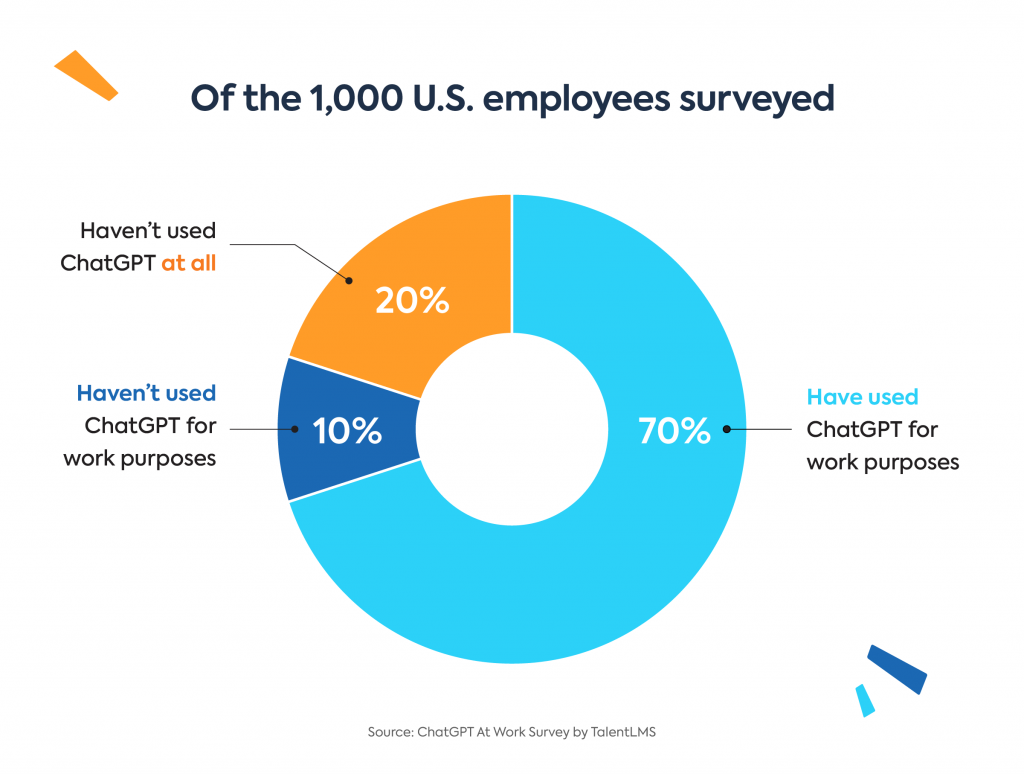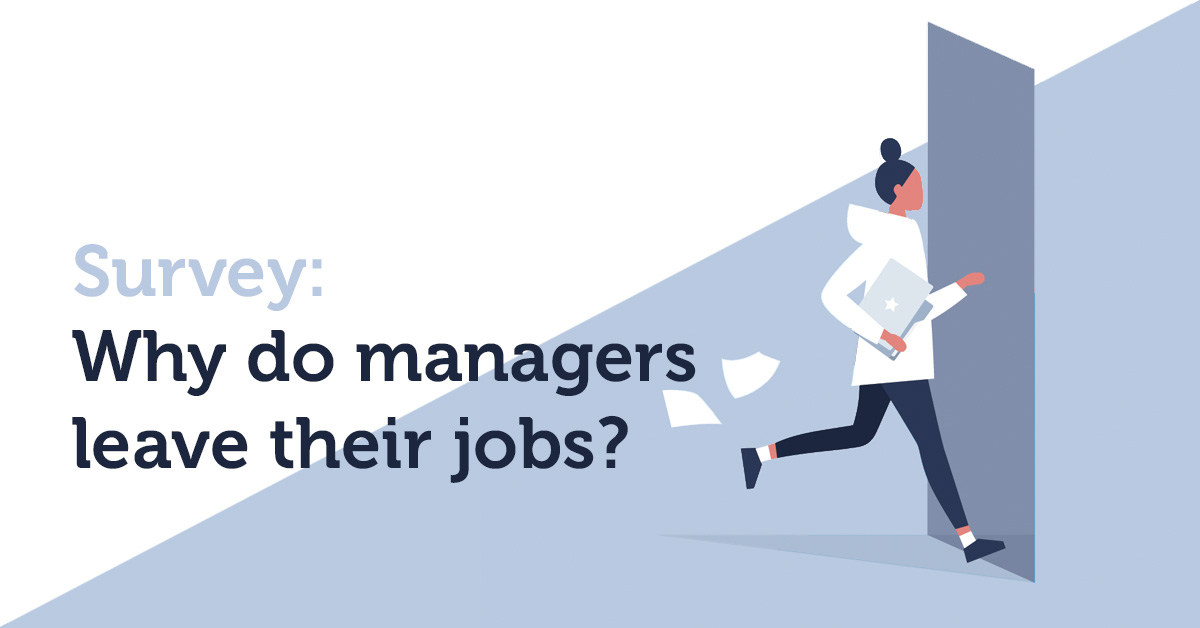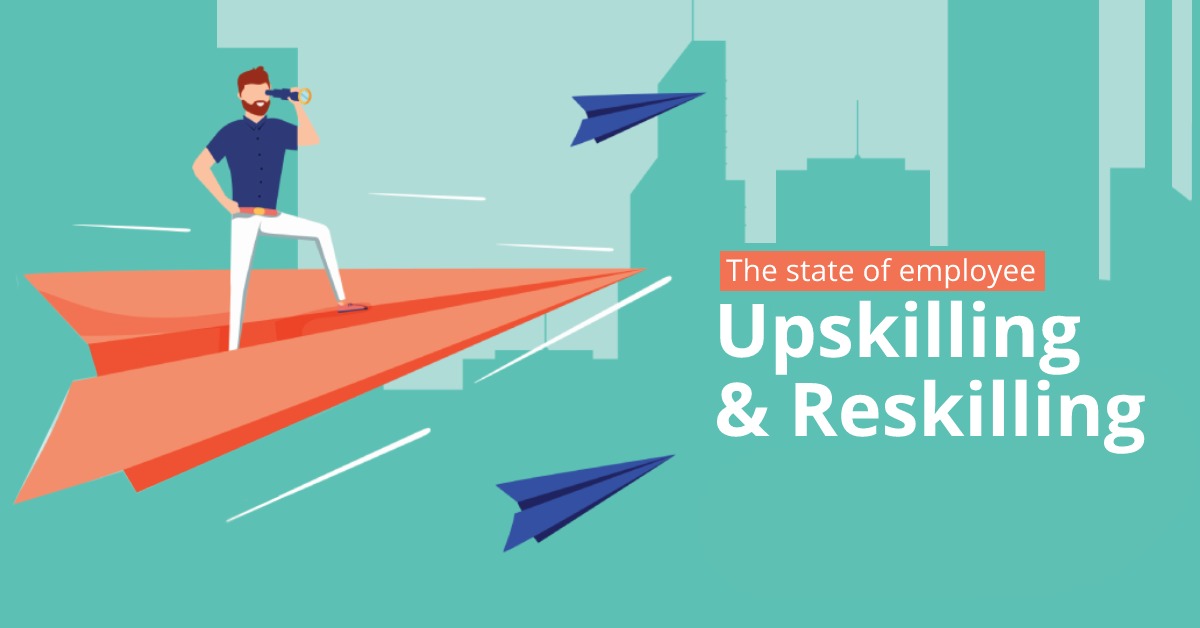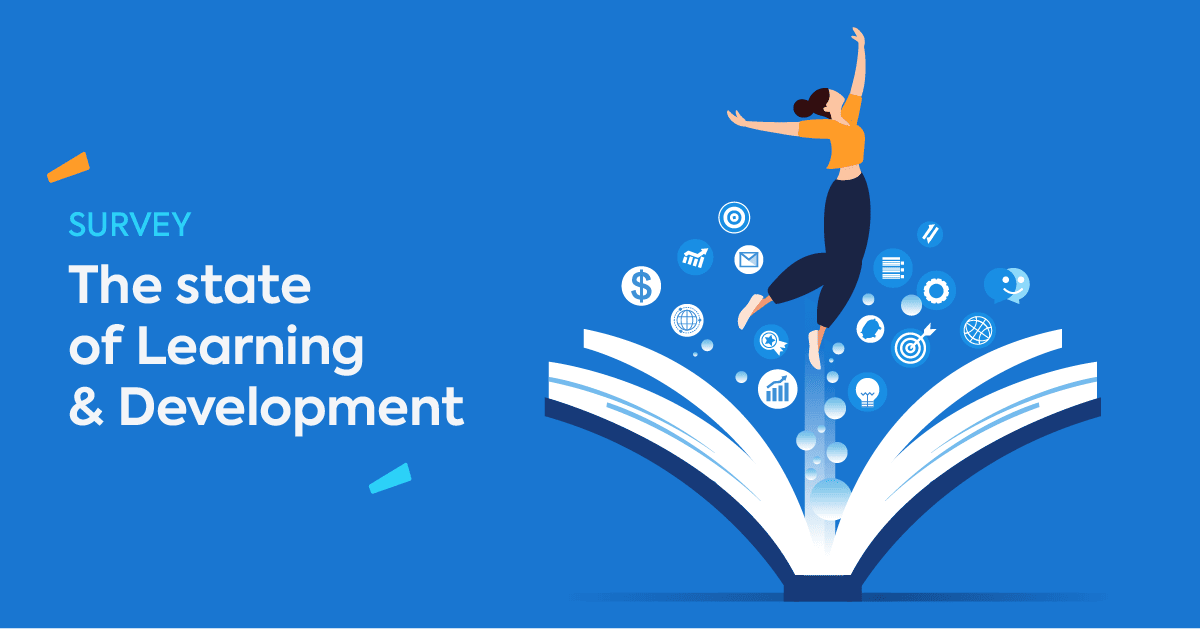Artificial intelligence seems to be at a tipping point. ChatGPT, the new AI tool that is making headlines with its ability to produce human-like text and become creative in ways that we could never imagine, seems to be bringing unprecedented changes for professionals and businesses across the globe.
Some think it’s another buzzword. But only a few months after its release by OpenAI, ChatGPT is already revolutionizing a range of tasks, including content writing, data analysis, and programming. And analysts and business leaders are already talking about a seismic shift in the economy, even considering ChatGPT a motor driving the Fourth Industrial Revolution.
With its use continuing to spread and more and more tools integrating AI and ChatGPT applications, we wanted to get a current snapshot of its impact at work. For this reason, we surveyed 1,000 employees in the United States, and asked about their thoughts and experiences on the role of ChatGPT and AI in the modern workplace.
Let’s take a closer look at what employees say.
Half of employees ask for training on AI tools
Although the newest AI tools, like ChatGPT, are more intuitive and user-friendly than before, a massive proportion of employees admit needing training to be able to make the most out of them.
According to the TalentLMS survey, 49% of US employees say they need training on using AI tools. Twenty-three percent of the employees surveyed said they do not need training “because it’s easy to use AI tools,” and another 14% because they don’t plan to use them.
Even though half of employees need training on artificial intelligence platforms, it is striking that only 14% report having received such training so far.
If we look only into the respondents who have already used ChatGPT for work purposes (70% of the total sample), we see that over half of those (51%) admit to needing training on AI tools. And just 18% have received any such training.
These statistics highlight a significant gap in businesses’ preparedness for the AI revolution–and the urgent need for training and support. Companies should invest in training to fully harness the power of artificial intelligence and avoid potential pitfalls: relying on incorrect information from AI platforms and exposing sensitive company data.
Meanwhile, as the number and range of AI applications for businesses continue to rise, there is a growing debate around the possibility of automating the employee training experience. Can we trust AI to generate learning content?
Almost half of employees (46%) reply that they would trust learning content produced by AI. Only 27% of respondents say that they wouldn’t trust learning content produced by AI, while another 27% have no opinion.
ChatGPT in the office—a current snapshot
Thirty-five percent of US employees say that their work responsibilities have changed due to AI tools. Asking our 1,000 respondents about the tasks and areas where they find ChatGPT most useful, we received the following responses:
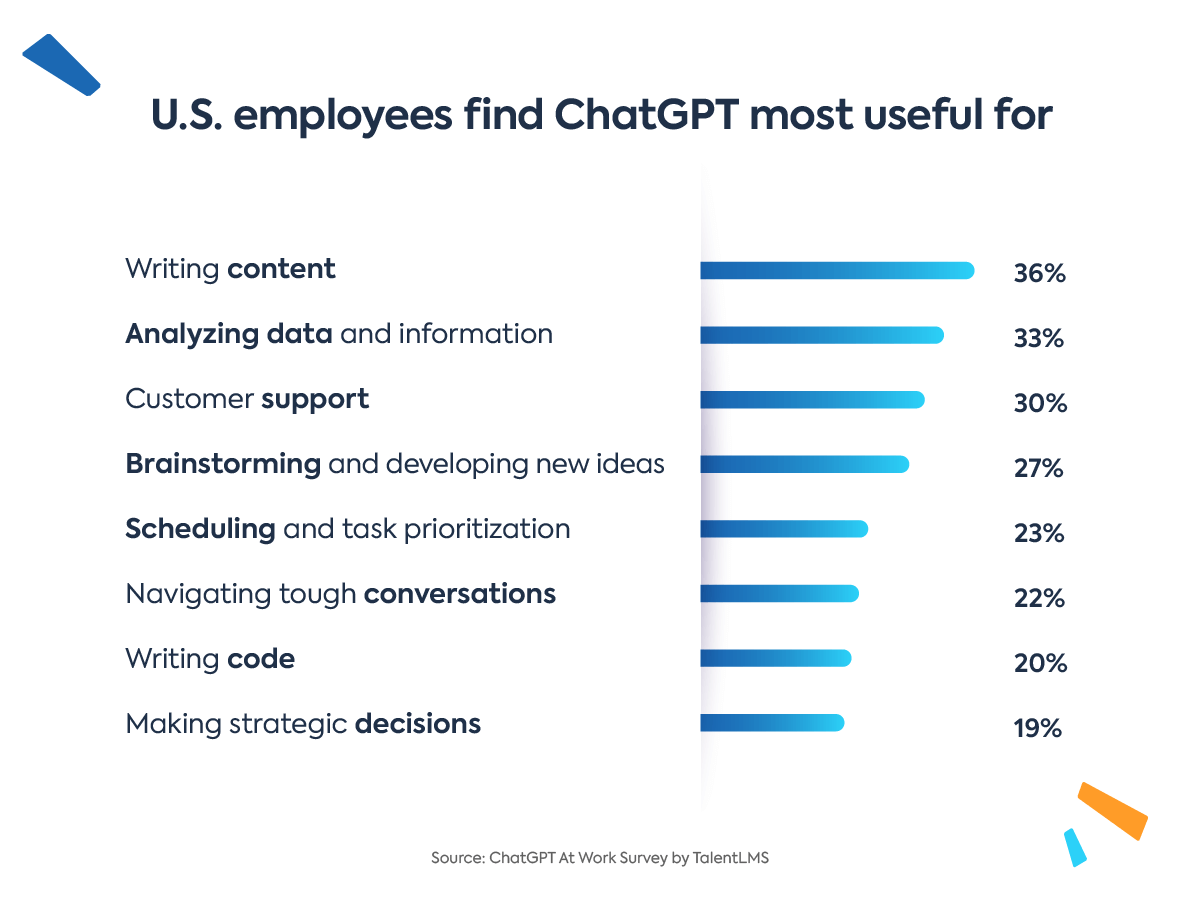
Unsurprisingly, writing content seems to be the most common use case for Open AI’s tool, which is the best we have seen yet in human-like text generation. Data analysis and customer support are also functions where ChatGPT seems to have widespread use. Interestingly, employees seem to rely on the tool even for more creative use cases, like “brainstorming and developing new ideas” and “navigating tough conversations.”
The survey showed that 30% of US employees haven’t used ChatGPT for work purposes, while 20% haven’t used it at all. Unsurprisingly, ChatGPT usage seems to be more common with Gen Z and millennials. Only 24% of employees aged 18 to 44 haven’t used ChatGPT for work purposes, while 16% haven’t used it at all. When we look at ages over 45, though, 43% of employees haven’t used ChatGPT for work, while 29% haven’t used it at all.
For those who have already used it, ChatGPT seems to provide significant benefits at work. Respondents say that the new AI tool has helped them:
- Improve their time management (61%)
- Boost their productivity (57%)
- Access information and make decisions faster (53%)
- Have increased confidence in their day-to-day role (37%)
But ChatGPT is not a panacea
Despite the benefits stated above, almost one in five (19%) of US employees that have already used ChatGPT for work say that their employer is against using it.
And almost one in four (23%) admit they don’t want their employer to know they are using this tool at work.
While ChatGPT offers numerous advantages, its use raises concerns among eight out of 10 US employees themselves. The TalentLMS survey showed that the most common concerns of users are the following:
- Removing the human touch from certain tasks (48%)
- Providing misinformation or factually incorrect information (44%)
- Plagiarism (29%)
- Grammatical errors (27%).
AI: A blessing or a threat?
According to our survey, a massive 69% of employees estimate that over time most daily tasks will be done with the help of AI.
While employees predict that artificial intelligence will be a powerful assistant in most tasks in the future, they think that certain soft skills will never be replaced by deep learning algorithms. More than half of respondents (55%) in the TalentLMS survey think that AI will never develop human soft skills like creativity, empathy, or moral awareness.
But almost half of the TalentLMS survey respondents (44%) fear that AI will replace them or other employees in the future.
“People may feel threatened by a technology that shows creativity,” comments Thanos Papangelis, TalentLMS co-founder and CEO of Epignosis. “Conversely, productivity will get a huge boost, and our economies that seem to flatten will witness a boost similar to the internet or mobile phones. Jobs may be destroyed, but, based on history, much more jobs will be created”, he adds.
We are just beginning to scratch the surface of artificial intelligence possibilities. Sooner or later, most businesses will have to embrace the opportunities that AI brings to remain competitive, while being mindful of the potential challenges and risks it poses. As Thanos Papangelis says,
“We are entering an exploratory phase, where most software, research, and human experiences will take on an AI angle. This is a monumental moment in history, and we should reflect on that as an opportunity to improve our lives.”
About the survey
The topic of the survey was the impact of ChatGPT and AI tools at work. The survey of 1,000 US full-time employees was conducted online by TalentLMS on March 7, 2023. The respondents were 51% female and 49% male and ranged across all age groups: 11.2% were aged 18-24, 27.1% were 25-34, 30.5% were 35-44, 18.9% were 45-54, and 12.3% were over 54.
| Tags: AI,Employee Training

